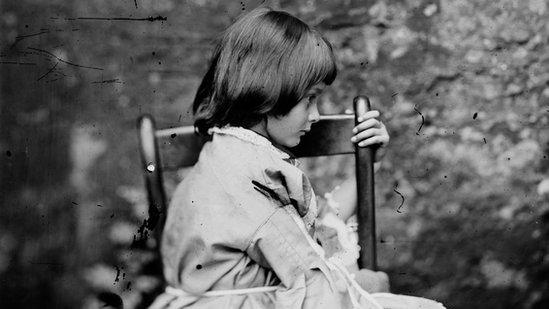Museum of Oxford reopens after £2.8m revamp
- Published
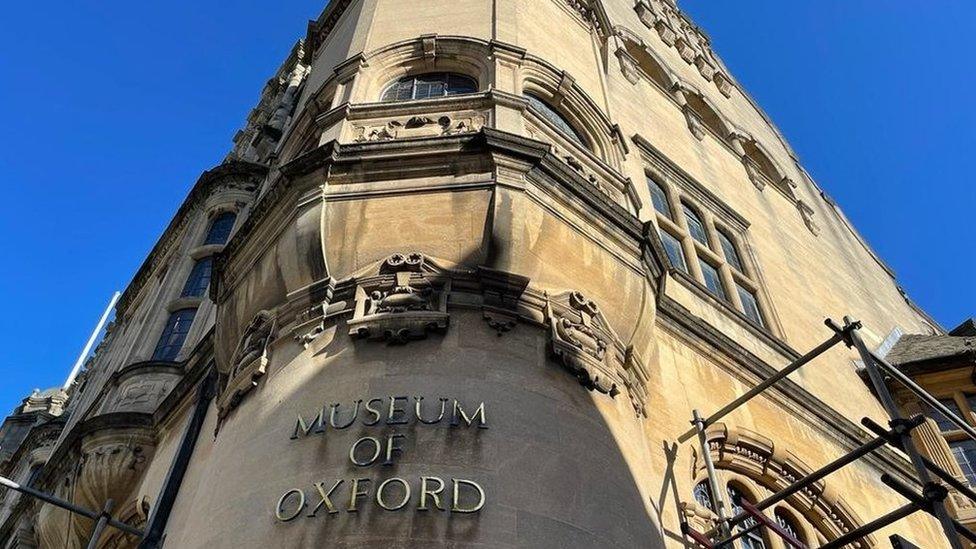
The reopening of the Museum of Oxford was delayed by a year because of the coronavirus pandemic
The Museum of Oxford has reopened following a £2.8m refurbishment.
The free visitor attraction, which first opened in 1975 at Oxford Town Hall, has trebled in size.
Reconstruction began in 2018 but the reopening was delayed by a year because of the coronavirus pandemic.
The museum, which is dedicated to telling the history of the city, now has interactive exhibits, larger gallery spaces, a shop, and workshops for school and family activities.
The number of exhibits at the museum has increased from 286 to 750.
Items on display include a century-old tin of marmalade, a medal belonging to the real Alice in Wonderland and ice skates made from animal bone.
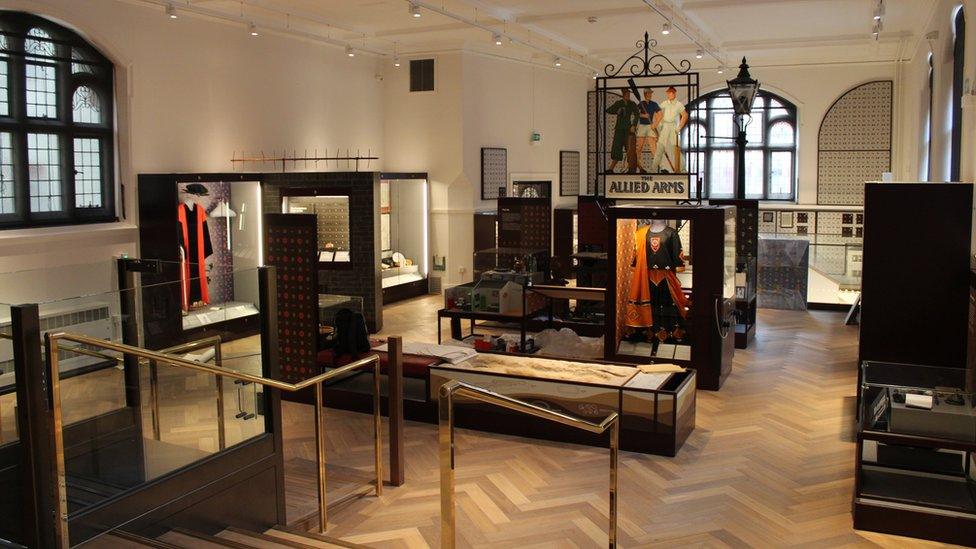
The attraction has new interactive exhibits and larger gallery spaces
Mary Clarkson, cabinet member for culture, leisure and tourism at Oxford City Council, said: "Amongst such an abundance of museums, the Museum of Oxford is significant in that it is the only one that is exclusively about the people of Oxford."
She added the revamp had helped to "reimagine the museum for a new generation... it's a museum for everyone, where everyone can take part."
The spruced-up galleries include sections on the Romans and Anglo-Saxons, the first Cowley factory workers, the infamous Cutteslowe Walls, and the inspiration behind Alice in Wonderland, Alice Liddell.
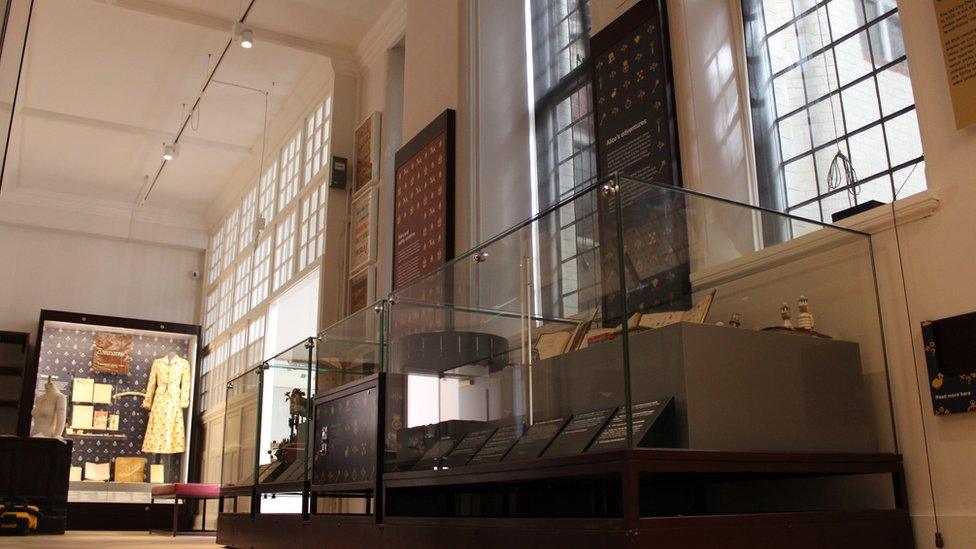
The refurbishment was funded by the Heritage Lottery Fund, Oxford City Council, and Arts Council England
Museum and heritage operations manager Vanessa Lea said: "It's about people who live here, work here, and play here, so we're looking at Oxford's entertainment history and sporting history.
"There's so much more to Oxford than the university."
The redevelopment of the Grade II* listed building ended up costing £600,000 more than previously thought, following a building survey in 2017.
It was funded by the Heritage Lottery Fund, Oxford City Council, and Arts Council England.

Follow BBC South on Facebook, external, Twitter, external, or Instagram, external. Send your story ideas to south.newsonline@bbc.co.uk, external.
- Published11 October 2021
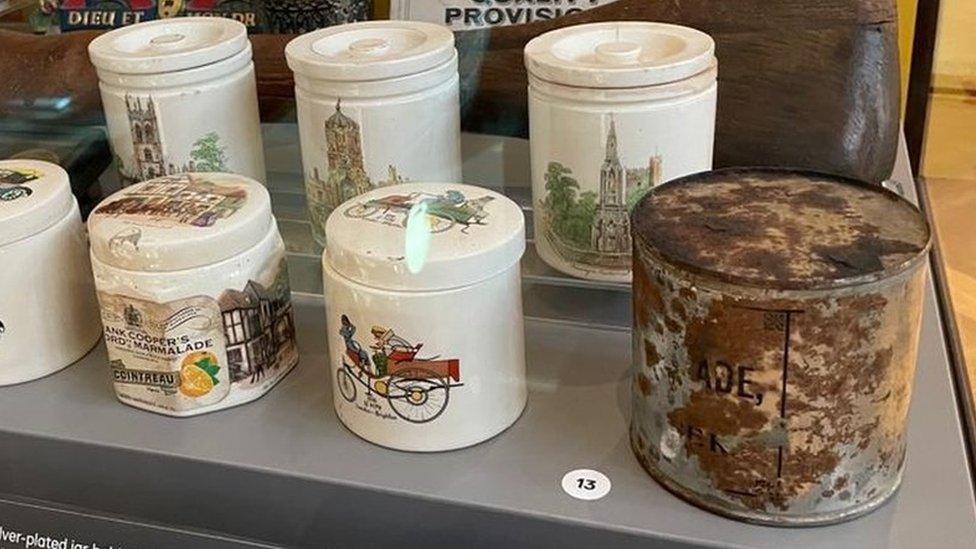
- Published11 February 2020
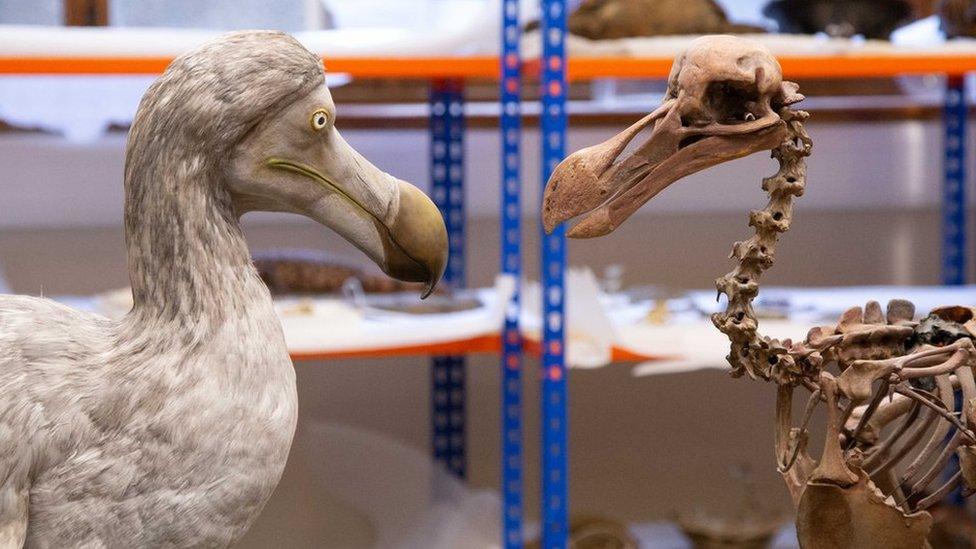
- Published24 November 2017
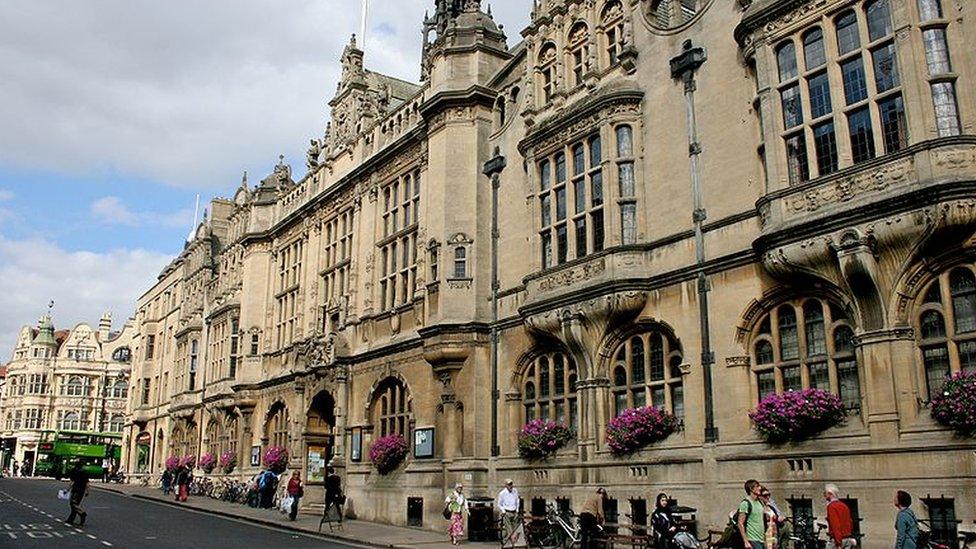
- Published23 August 2017
